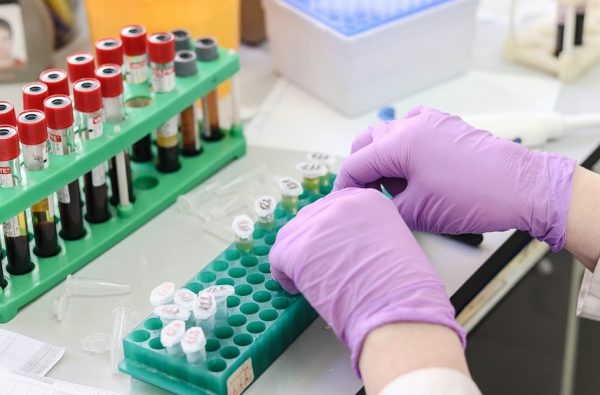An international team of scientists have just announced an experimental blood test they dubbed PanSeer, which they suggest could detect certain types of cancer in people up to four years before any symptoms show up. If the new tech works out long term, it could revolutionise the battle against some of the most common cancers in the world. The team started out by focusing on malignancies which could occur in the liver, stomach, lung and colorectal regions of the body. They used an earlier Chinese study which had taken and stored blood samples from over 120,000 people in Taizhou in China, starting back in 2007, and did some tests on a healthy asymptomatic sub-set of this population.
The test involved looking for traces of circulating tumor DNA (ctDNA) which is not a new idea, but their test was much more sensitive than previous attempts. Their Panseer report talks of doing ‘single molecule counting’, which sounds pretty sensitive stuff to us. The results have proved to be very promising.
“We also demonstrate that PanSeer detects cancer in 95% (95% CI: 89–98%) of asymptomatic individuals who were later diagnosed, though future longitudinal studies are required to confirm this result. These results demonstrate that cancer can be non-invasively detected up to four years before current standard of care.”
The other benefits of this new approach is that it’s cheaper and will only require a single vial of blood to complete the test. This form of non-invasive early testing could literally be a life saver, as every second counts in treating cancer successfully.
“We therefore envision a clinical context where PanSeer could be used as a first-line screen; any patient testing positive on PanSeer would then undergo a more expensive reflex blood test and/or follow-up imaging to allow tissue of origin mapping. Pathological examination could then confirm the presence of cancer.”




